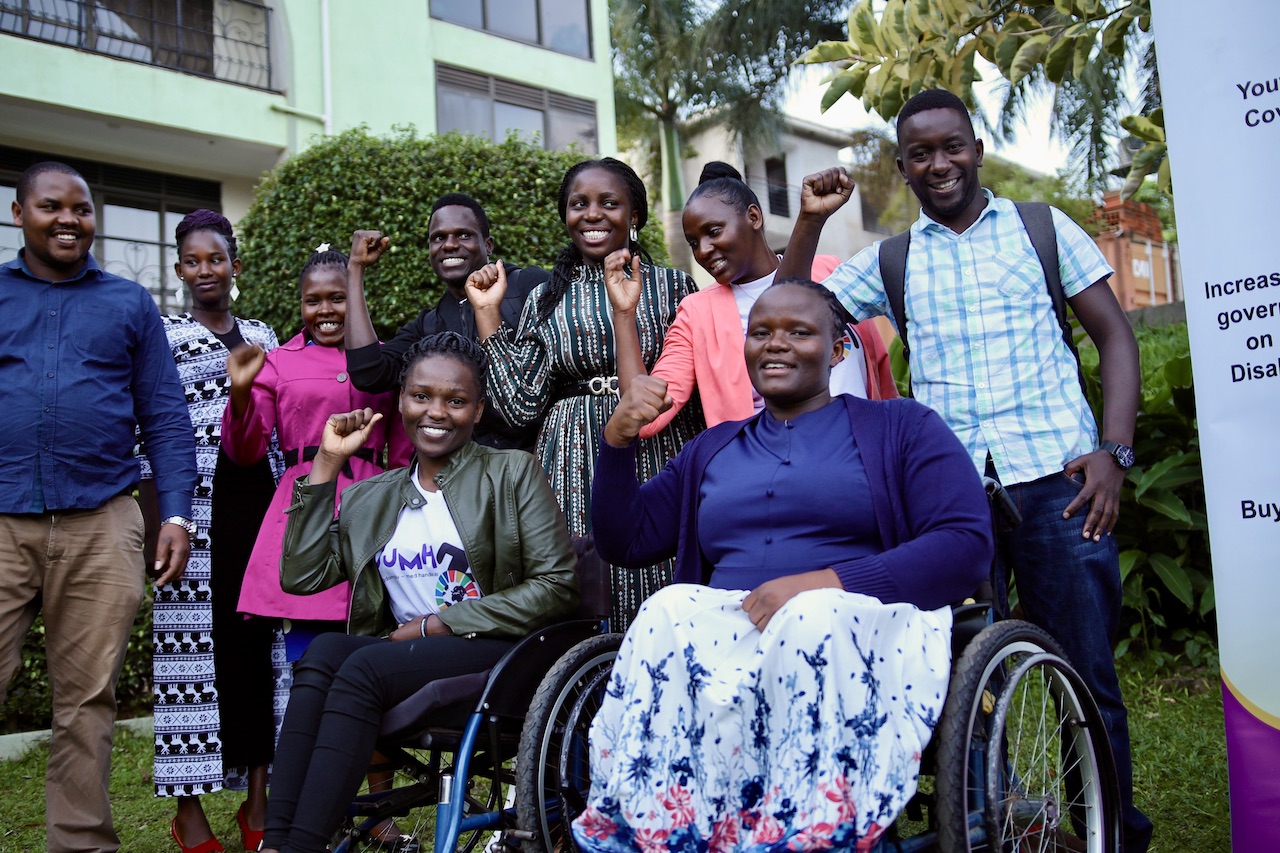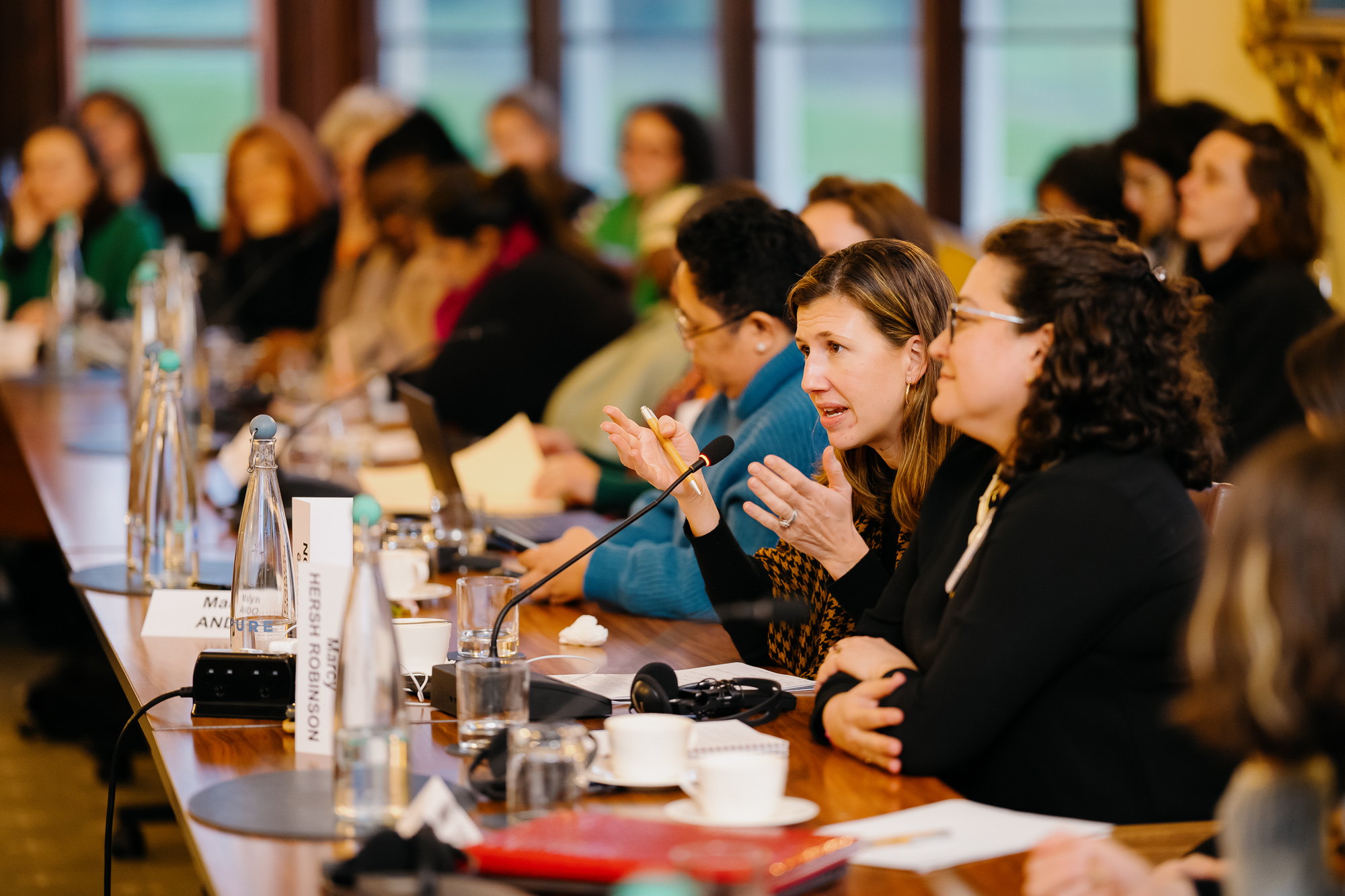Genomics – the study of an organism’s complete set of genetic instructions – is revolutionising medicine. As the microscope and x-rays revolutionised medicine in the 19th and 20th centuries, so knowledge of the human genome will dramatically change medicine in the 21st century.
The ability to sequence the genetic code of a large sample of the population is revealing how small variations in our DNA can change our vulnerability to different diseases – and thus how medicine can be personalised for better prevention, diagnosis and treatment.
Knowledge of the DNA sequence has become an important part of biological research but is also vital for other research disciplines such as medicine, biotechnology and forensic science. By establishing the sequence of an individual’s genetic material it is possible to identify sequences or mutations which are specific to that person. Not only can these sequences identify the cause or stage of a disease, or the risk of future disease, they can also help us to predict the likely benefits or side effects in response to a particular medication. In cancer, the individual tumours may have developed mutations which differentiate them from the patient’s healthy cells. Genomics therefore heralds the shift towards personalised treatment – medicines and other treatments can be prescribed not just for their general effect on a disease, but for the way they interact with a specific patient according to their genetic makeup.
This is a huge step forward for global health as it also provides the ground-breaking opportunity to examine the underlying causes of ill-health, tackling health conditions before they have even started, rather than just identifying and managing patients once ill-health has taken hold.
This Wilton Park dialogue was held in partnership with the Foreign and Commonwealth Office, Healthcare UK and the Science and Innovation Network (SIN). It sought to promote international cooperation on this emerging and exciting field, with the aim of supporting the creation of a global network of genomic medicine centres, to ensure that information and expertise can accumulate and be shared.
International participants were invited to join a study tour on Monday 29 February and Tuesday 1 March to see in practice how the UK is developing its study of genomics and introducing this into its approach to healthcare.












